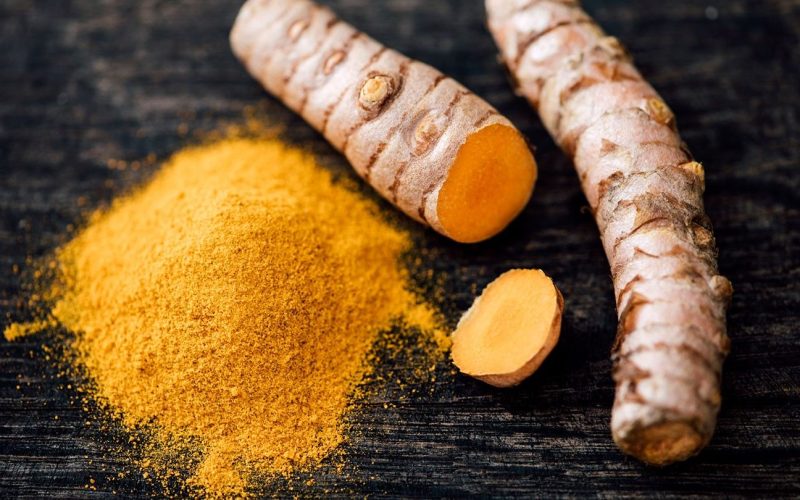Turmeric is a spice commonly used in Asian cuisine, but it also has a long history of use in traditional medicine. One of the essential compounds in turmeric is curcumin, which is responsible for its bright yellow colour and has been found to have a wide range of health benefits, particularly as an anti-inflammatory agent. This blog post will explore the anti-inflammatory properties of turmeric powder and how it can promote overall health and well-being.
What is Inflammation?
Inflammation is a natural response of the body to injury or infection. It is characterised by redness, swelling, warmth, and pain. While acute inflammation is a necessary and beneficial response, chronic inflammation can lead to various health problems, including heart disease, cancer, and autoimmune disorders.
Anti-Inflammatory Properties of Turmeric
Curcumin, the active ingredient in turmeric, has been found to have potent anti-inflammatory effects. It works by inhibiting the activity of enzymes and molecules involved in the inflammatory response. Curcumin also has antioxidant properties, which can help to neutralise harmful free radicals and reduce oxidative stress.
One of the most important ways curcumin exerts its anti-inflammatory effects is by inhibiting the activity of a protein called nuclear factor-kappa B (NF-kB). NF-kB is a key regulator of the inflammatory response and is involved in producing various inflammatory molecules. By inhibiting the activity of NF-kB, curcumin can help to reduce inflammation.
Research on Turmeric
Numerous studies have been conducted on the anti-inflammatory properties of turmeric powder and curcumin. A 2014 study published in the journal Oncogene found that curcumin can partially inhibit the growth and spread of cancer cells by reducing inflammation. Another study published in Clinical Cancer Research found that curcumin can sensitise cancer cells to chemotherapy, making them more susceptible to treatment.
A 2010 study published in the journal Arthritis found that curcumin can reduce the symptoms of rheumatoid Arthritis, a chronic autoimmune disorder that causes inflammation in the joints. Another study published in the journal Phytotherapy Research found that curcumin can reduce the symptoms of osteoarthritis, a degenerative joint disease that is also characterised by inflammation.
Studies suggest that turmeric may potentially help in other inflammatory conditions such as Alzheimer’s disease, depression, and other neurological disorders.
How to Use Turmeric
Turmeric powder can be used in various ways to take advantage of its anti-inflammatory properties. One of the most common ways is to use it as a spice in cooking. It can be added to curries, soups, stews, and other dishes to add a rich, warm flavour and a bright yellow colour.
Another way to use turmeric is to take it as a supplement. Curcumin supplements are available in various forms, including capsules, tablets, and powders. It is recommended to look for supplements that contain at least 95% curcuminoids, which are the active ingredient in turmeric.
It is also possible to make a turmeric tea by simmering turmeric powder or fresh turmeric root in water for several minutes. You can also add other anti-inflammatory herbs and spices, such as ginger and black pepper, to enhance the benefits.
In Conclusion
Turmeric has been used for centuries in traditional medicine to promote overall health and well-being. The active ingredient in turmeric, curcumin, has been scientifically understood to have anti-inflammatory properties. It can help you combat cardiac issues, immunological disorders, Arthritis, and even cancer. Buy a tub of turmeric online today from the best Australian sellers.









